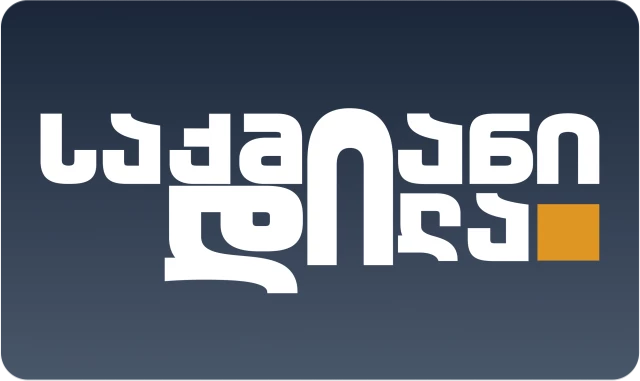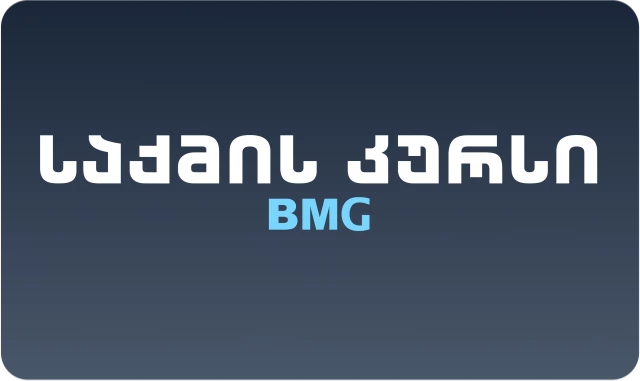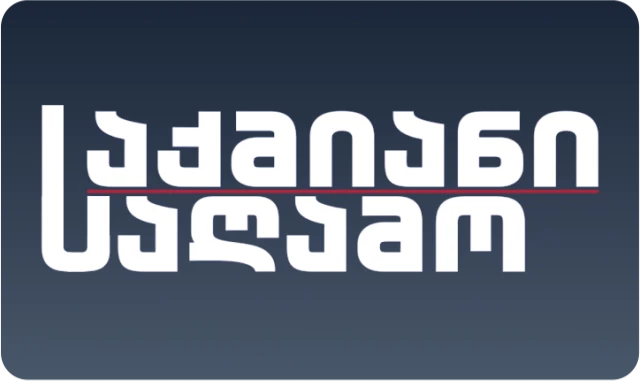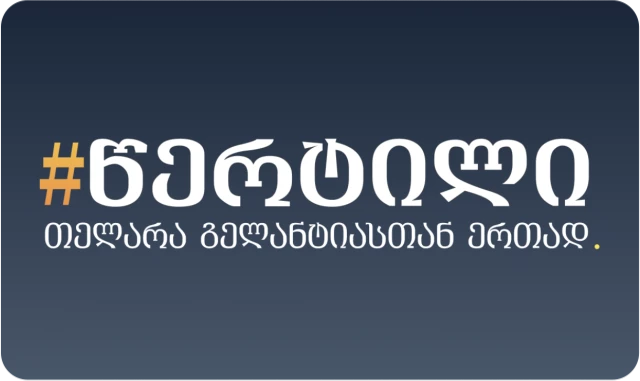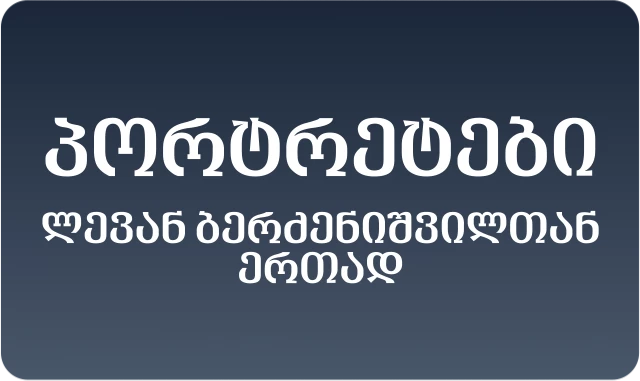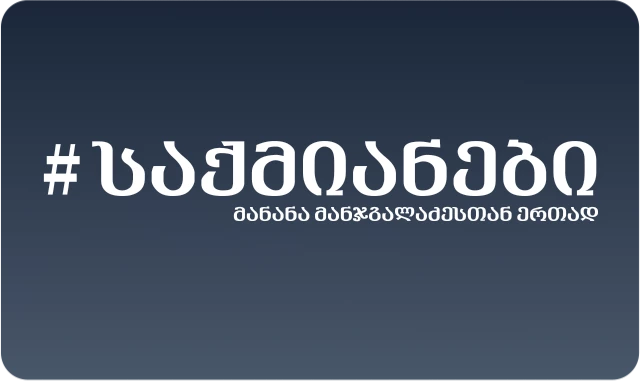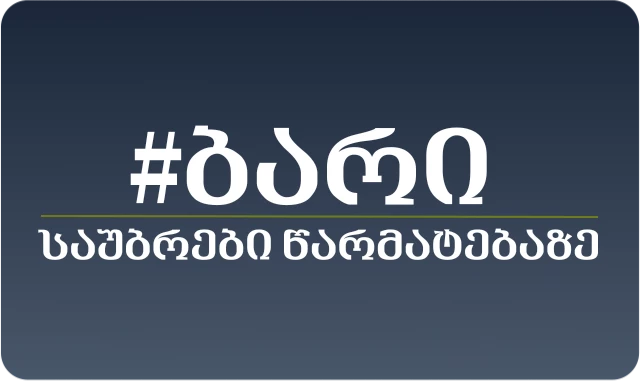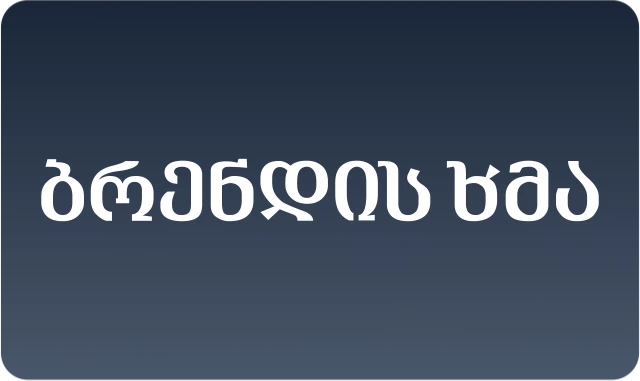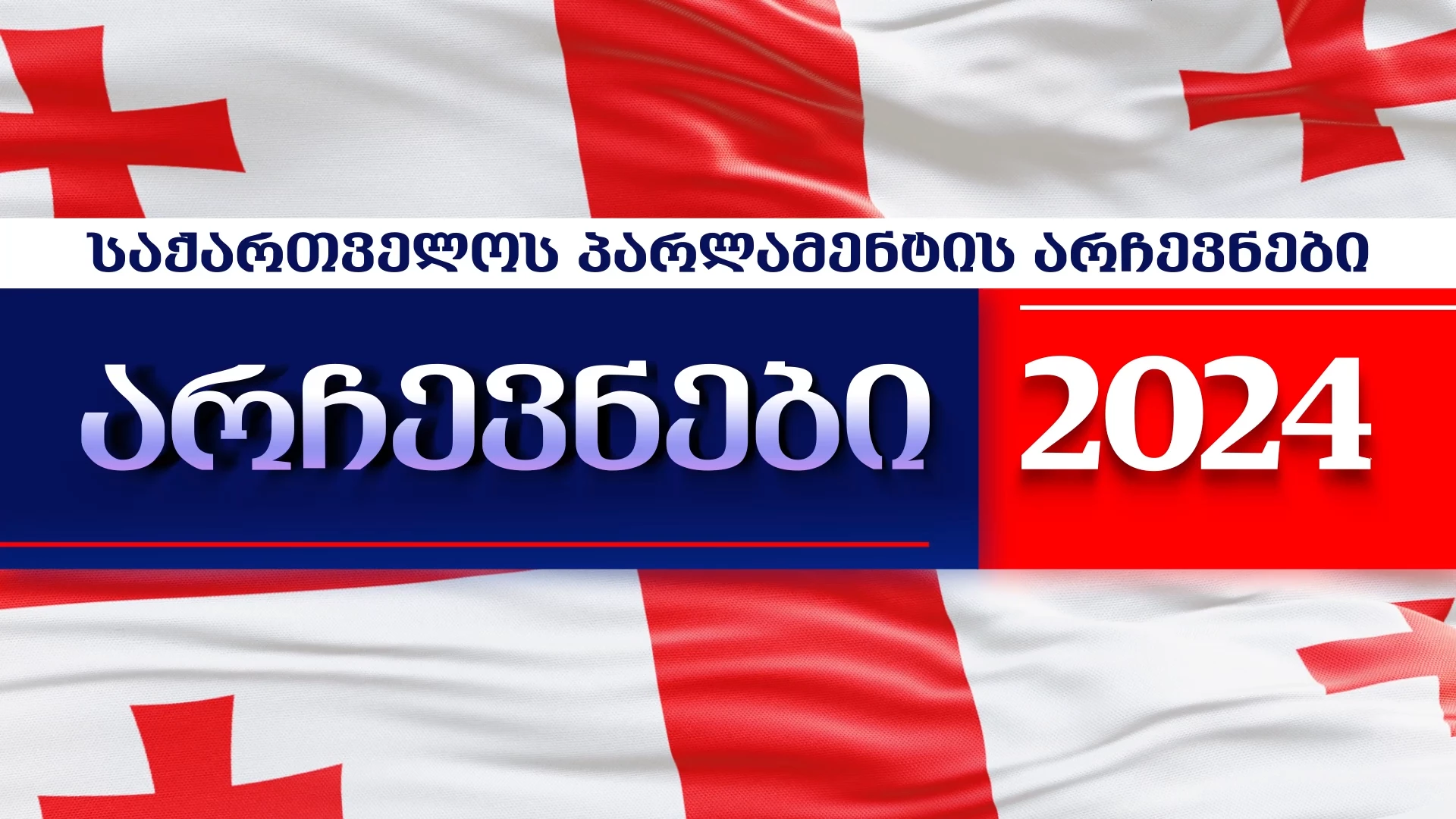This week Georgia officially launched a Human Capital Program, with World Bank and AFD support, which aims to unlock the country’s growth potential through investments in health, education and social protection. This is the largest World Bank investment ever extended to Georgia during the three decades of partnership, and the Bank’s first cross-sectorial operation comprehensively targeting three critical areas of human development.
In order to support Georgia’s Human Capital Program, the World Bank invested $400 million and Agence française de développement (AFD) contributed by co-financing an amount of EUR 100 million.
Of the 48 countries in Europe and Central Asia included in the HCI 2020, 33 are among the upper-third in the world, and almost all are in the top half. These findings are broadly in line with the relatively high incomes of countries in the region, with richer countries able to invest more in basic education and health services than poorer countries. However, there are significant variations within the region. Among the region’s emerging and developing economies, a child born in Poland can expect to achieve 75 per cent of the productivity of a fully educated adult in optimal health. In contrast, a child born in Tajikistan, can expect to achieve only 50 per cent productivity.
Georgia has an overall HCI score of 0.57, which means that a child born in Georgia is expected to grow up to be only 57 percent as productive as they could be if they enjoyed complete education and full health. While the HCI score for 2020 is higher than the average for upper-middle-income countries worldwide and above its 2010 value of 0.54, it is lower than the average for the Europe and Central Asia region. Increasing the quality of education reflected in international test scores will help Georgia to catch up with the regional average.









